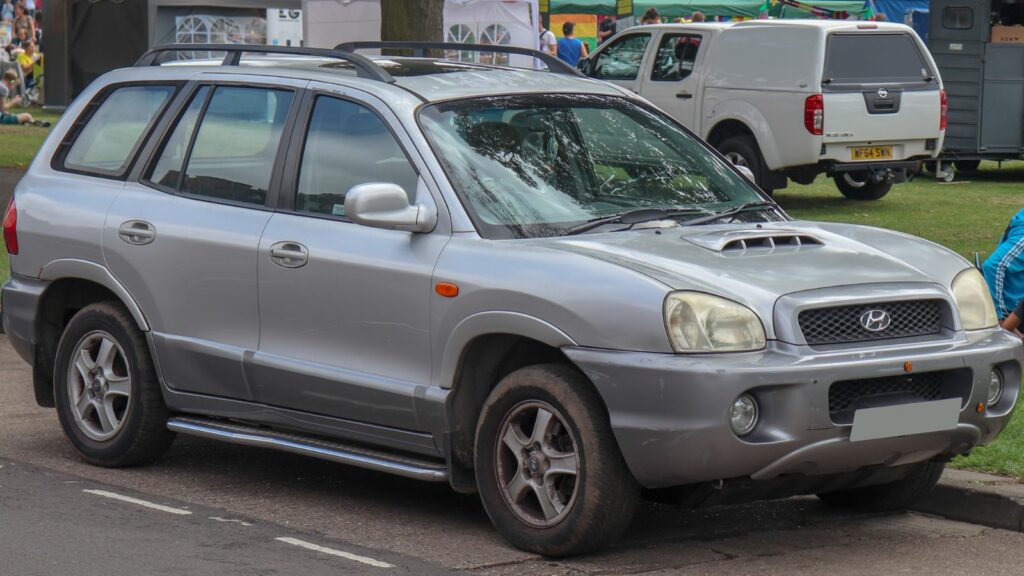Recalls happen more often than many Canadians realize, but unless the problem makes front-page news, most owners never hear about it. Automakers issue recalls to fix safety risks, design flaws, and reliability issues, yet thousands of SUVs on Canadian roads still go unrepaired because owners either don’t know about them or underestimate their seriousness. These are twelve SUVs that are currently being quietly recalled in Canada, along with more detailed information on why the recalls matter and the potential problems they can cause.
Ford Explorer
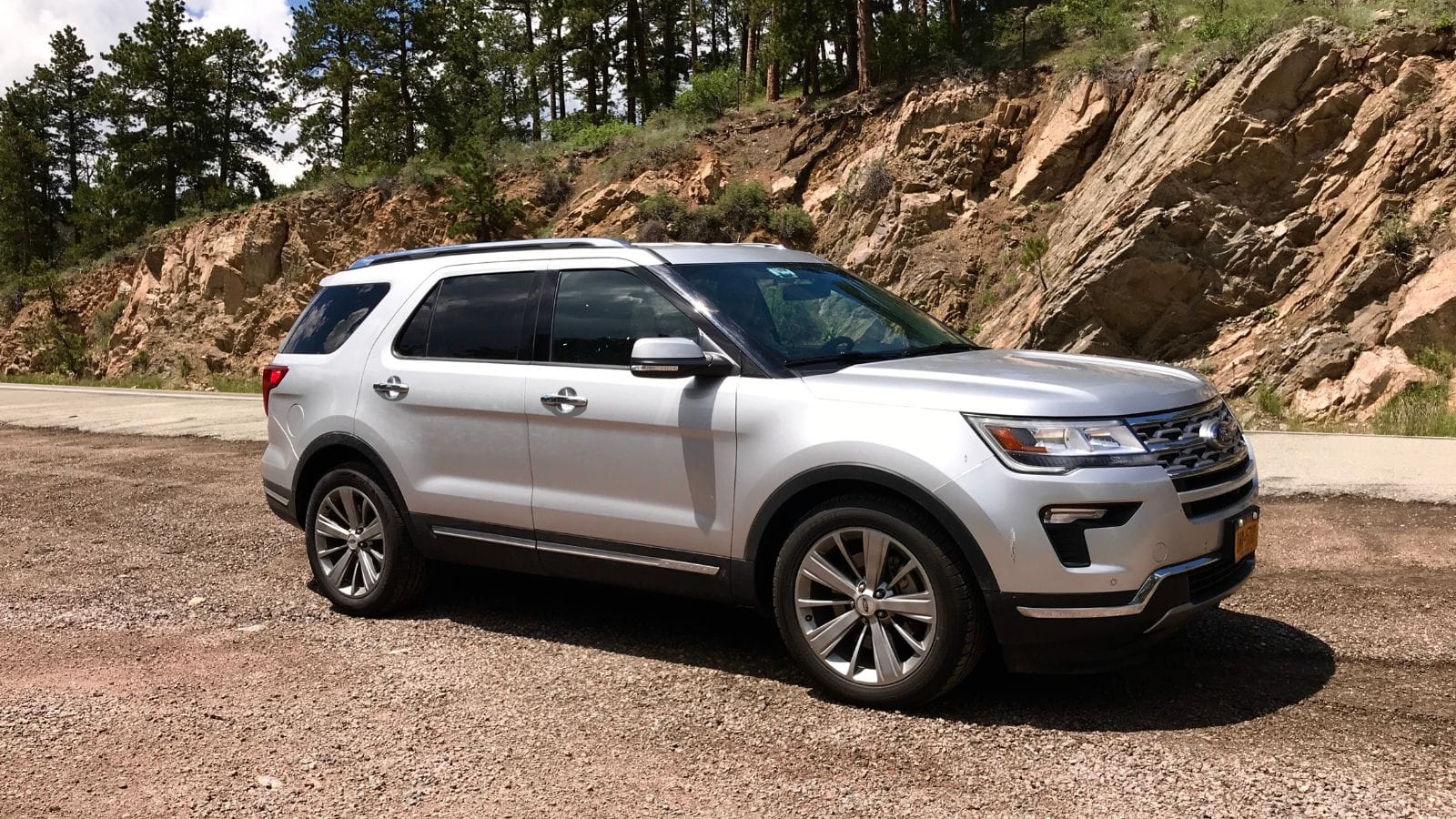
The Ford Explorer has long been a favourite among Canadian families, but recent recalls have raised eyebrows. One of the most concerning issues involves a faulty rear axle bolt that can fail and cause a sudden loss of power to the wheels. For drivers, that could mean a complete loss of control on highways or in slippery winter conditions. Another recall highlights defective child seat anchors, which could compromise passenger safety. While Ford has been proactive about issuing repair notices, many owners still haven’t responded. This makes the Explorer one of the most concerning SUVs for Canadians who rely on it daily.
Toyota RAV4
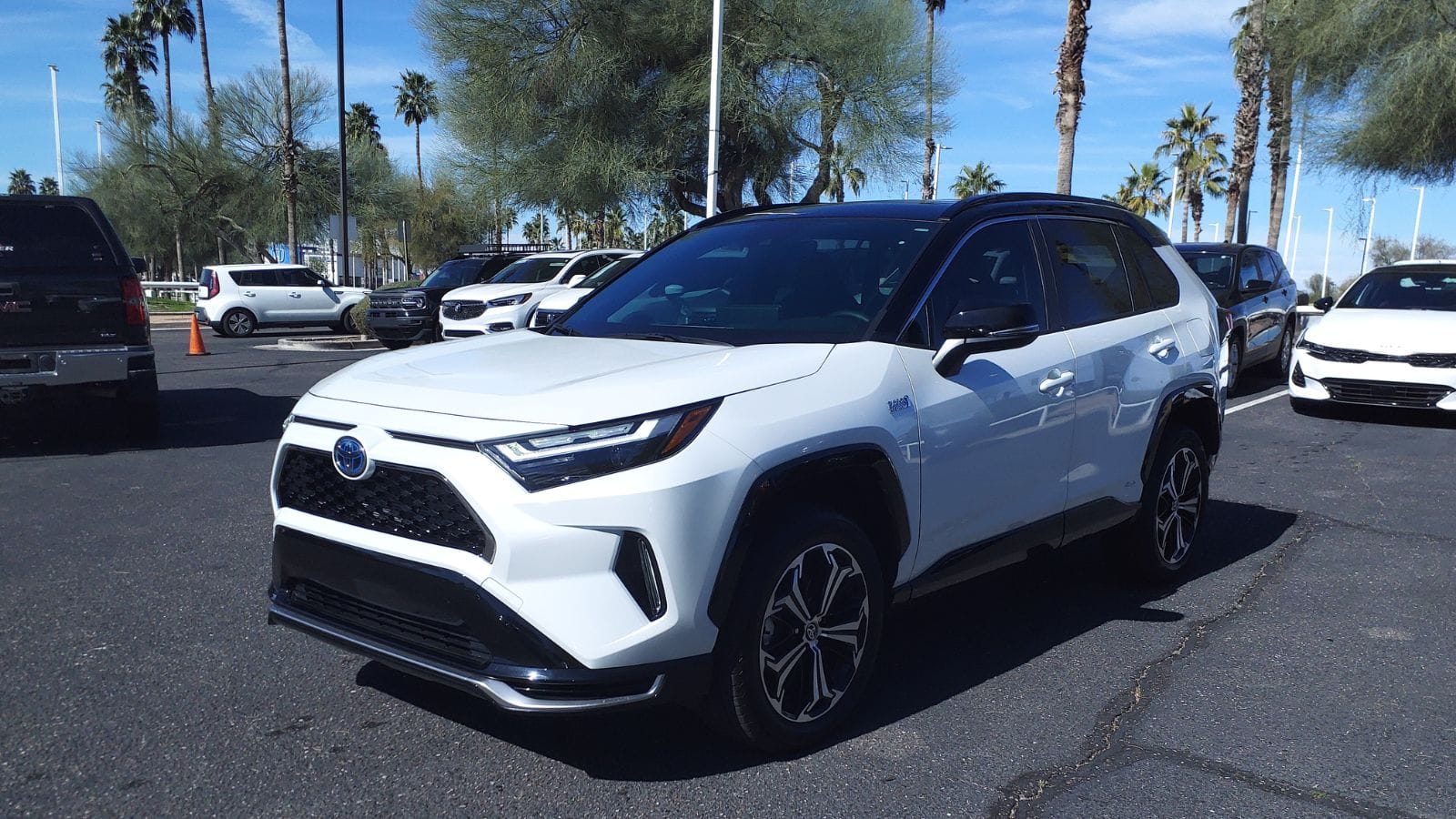
Toyota’s RAV4 is one of the most popular vehicles in Canada, known for reliability and resale value. But even Toyota has stumbled. Recalls have been issued for front suspension arms that may separate under stress, particularly in rough driving conditions common on Canadian roads. Electrical wiring has also been flagged for potential shorts that can spark fires. These are not small issues—they’re the kind that can leave a driver stranded or worse. Because Canadians trust the RAV4 so much, many don’t even think to check recall notices, which makes these problems more dangerous.
Honda CR-V
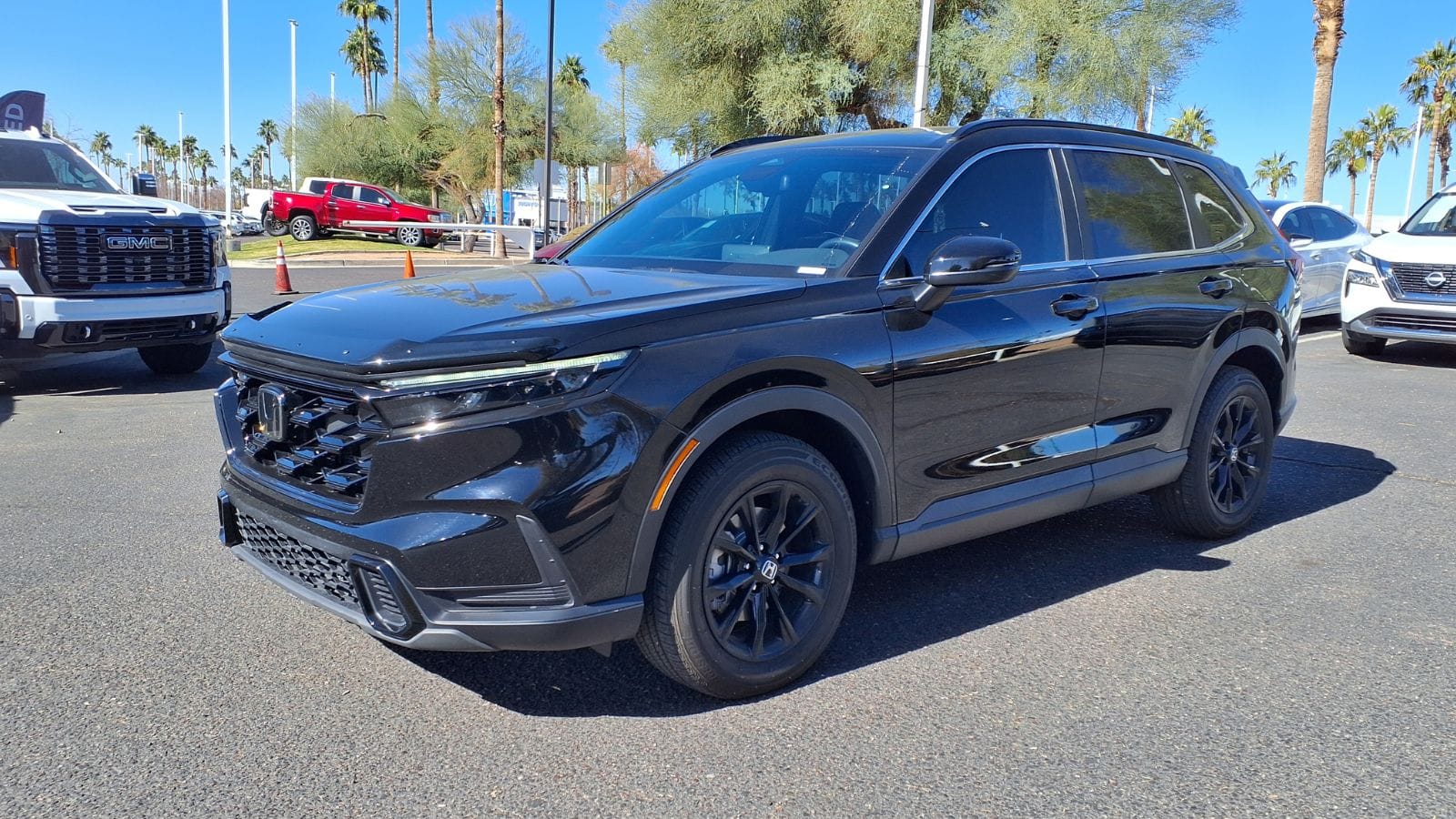
The Honda CR-V is another Canadian favourite, but it has not escaped quiet recalls. Faulty fuel pumps have been found to cause sudden stalling, sometimes at highway speeds. Imagine this happening in sub-zero weather on a busy 400-series highway in Ontario or during a long winter haul across Alberta. A stall is more than an inconvenience—it can quickly become a life-threatening hazard. Honda has worked to address the issue, but many owners are still unaware their vehicle is affected.
Hyundai Santa Fe
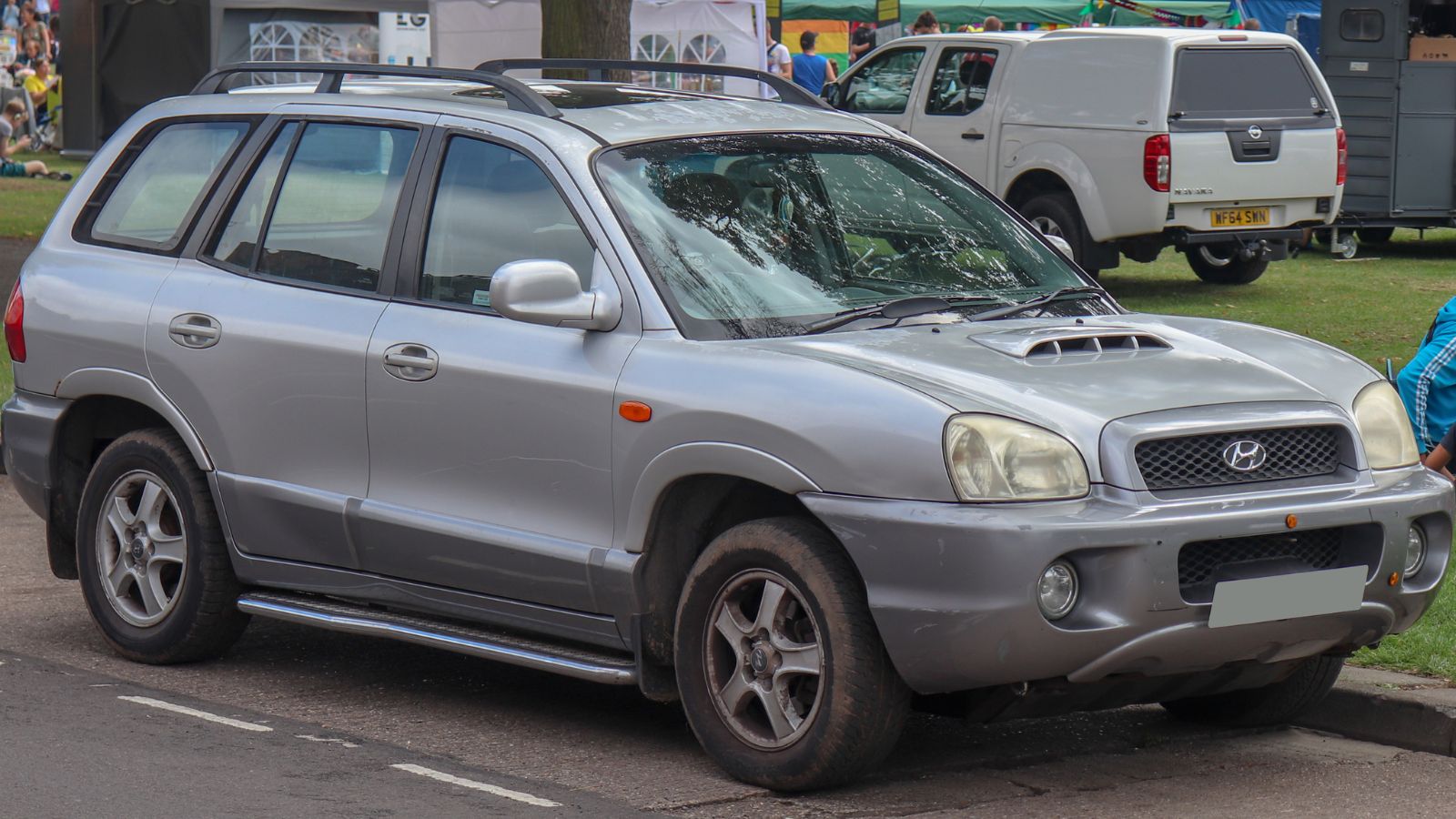
Hyundai’s Santa Fe has built a solid reputation for offering value and features, yet its ABS system has caused serious problems. Faulty ABS modules can create electrical shorts that spark fires, even when the SUV is parked and turned off. That means a Santa Fe sitting in a garage or driveway could pose a fire risk without warning. For Canadian households, that risk extends beyond the vehicle itself, potentially endangering homes. While Hyundai has issued recalls and repairs, many Santa Fe owners aren’t taking the warnings seriously enough.
Kia Sorento
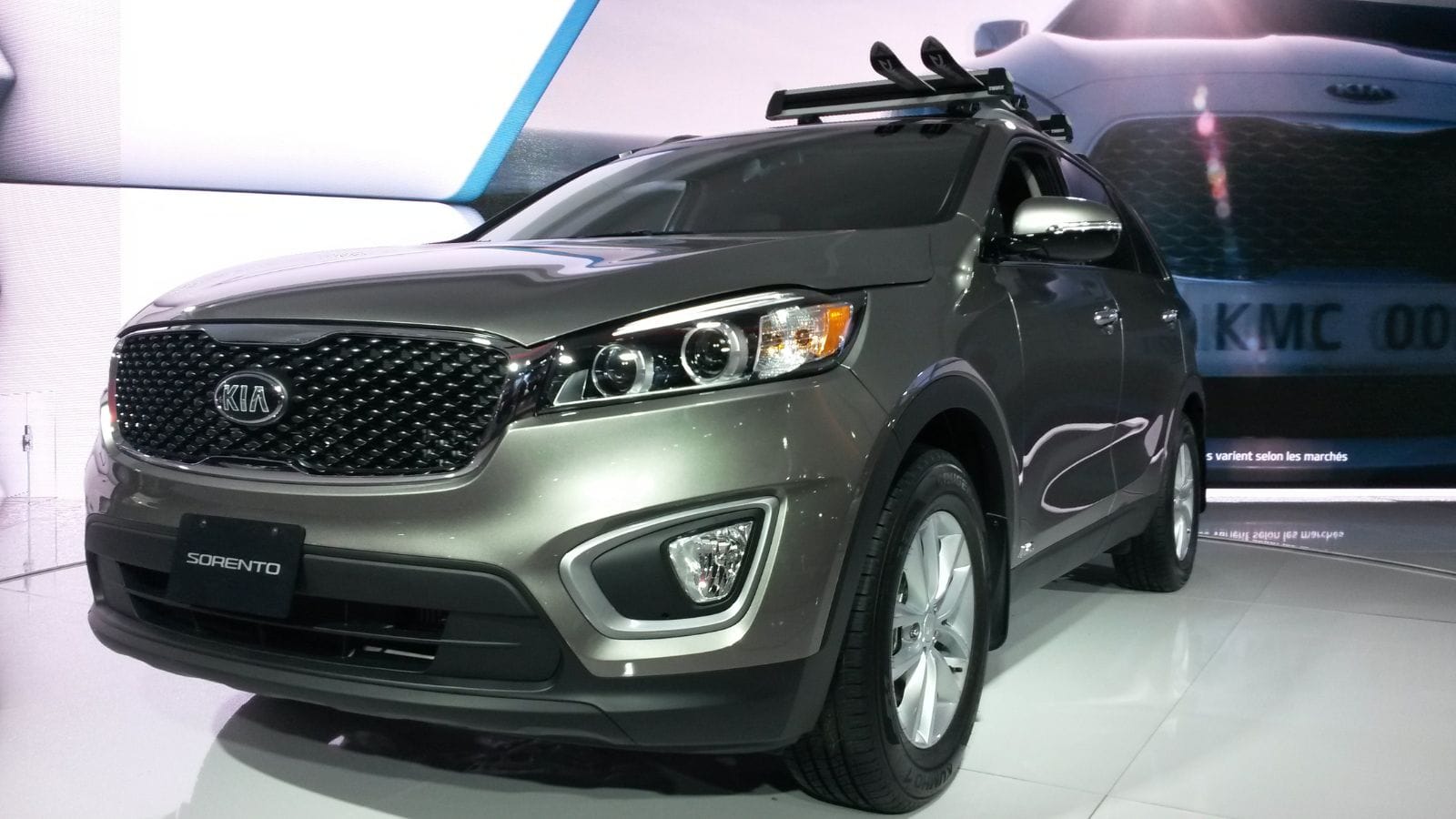
Like its Hyundai cousin, the Kia Sorento has faced multiple recalls for ABS module defects that can spark fires. In addition, certain engines in Sorento models have been known to seize without warning, creating dangerous scenarios on highways and adding massive repair costs. The combination of fire risk and mechanical failure makes the Sorento one of the more alarming SUVs on the list. Canadian drivers who count on their Sorento as a family hauler should double-check recall databases to avoid being caught off guard.
Chevrolet Equinox
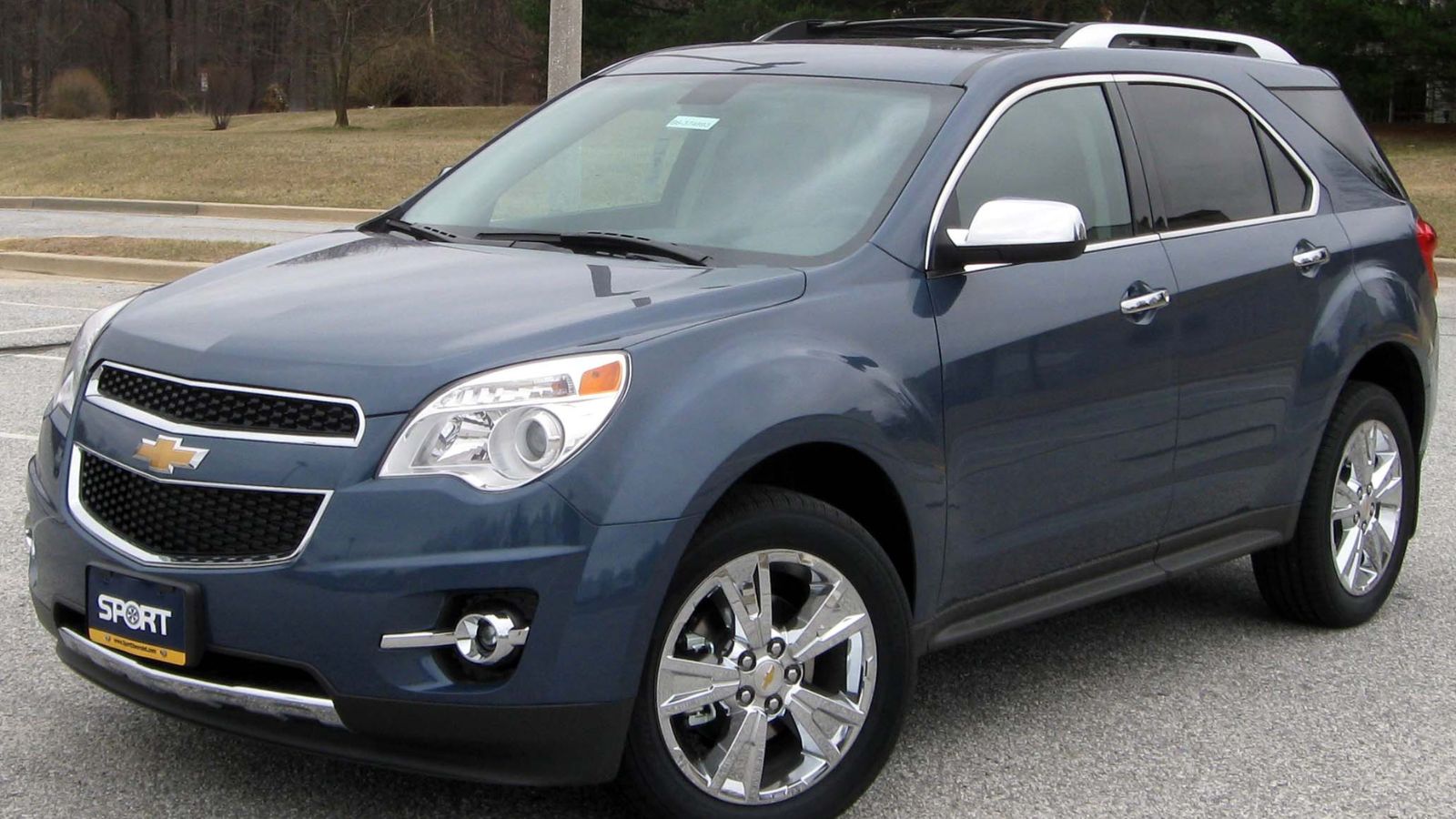
The Chevrolet Equinox has been one of Canada’s best-selling compact SUVs, but its recalls are particularly unsettling. One issue involves faulty seat belt pretensioners that may rupture during a crash, sending shrapnel into the cabin. This is an issue similar to the Takata airbag crisis, yet it hasn’t received the same publicity. Considering how many Canadian families use the Equinox as their main vehicle, this kind of defect poses a hidden but serious risk.
Jeep Cherokee
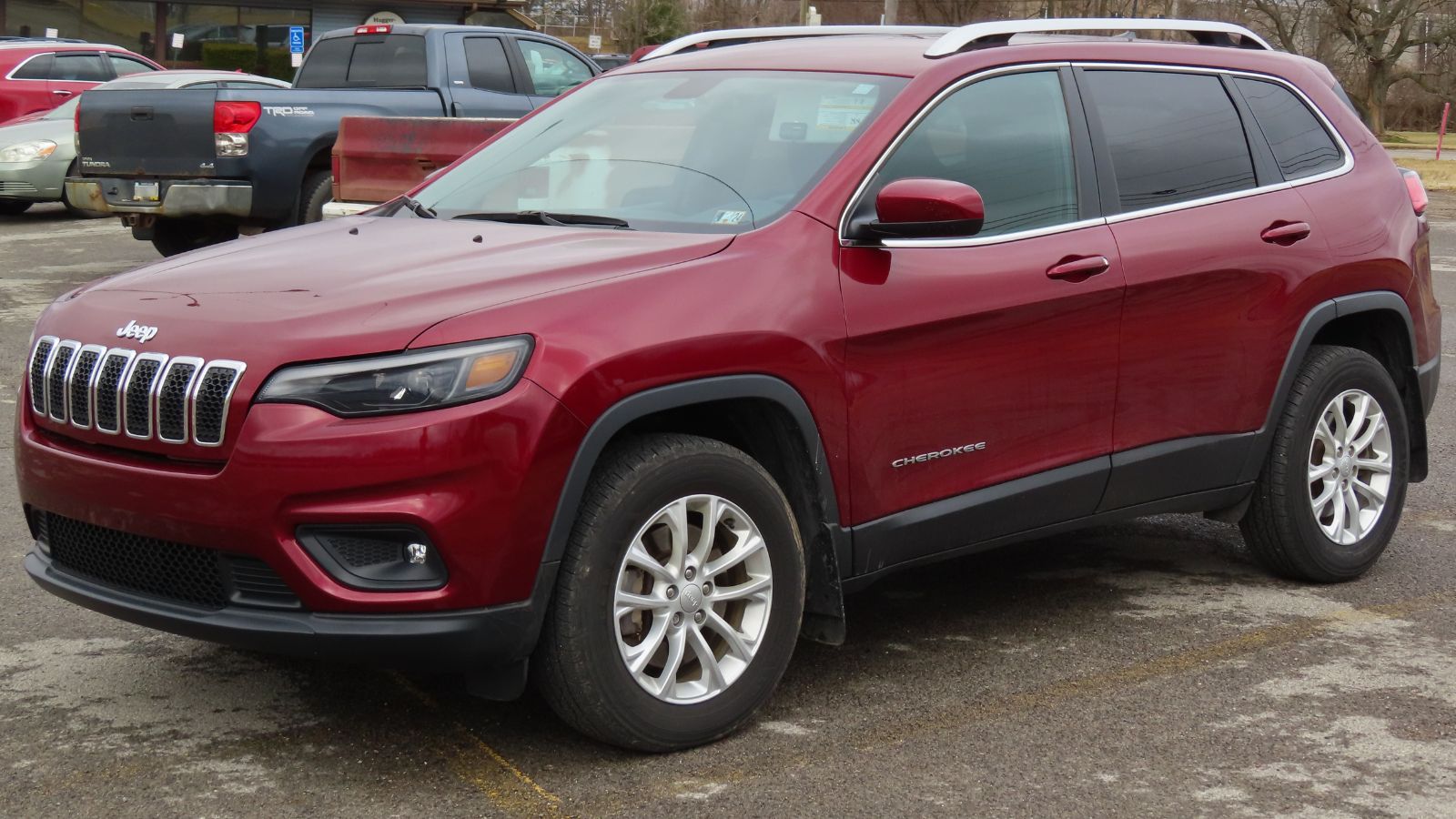
The Jeep Cherokee has faced recalls for transmission software problems that can cause the vehicle to suddenly stall or shift into neutral without warning. In icy Canadian driving conditions, this is a recipe for accidents. Losing power or gear engagement while navigating snowy highways or city traffic is not just a nuisance—it’s dangerous. Jeep has issued software updates, but many vehicles remain on the road without the fix.
Nissan Rogue
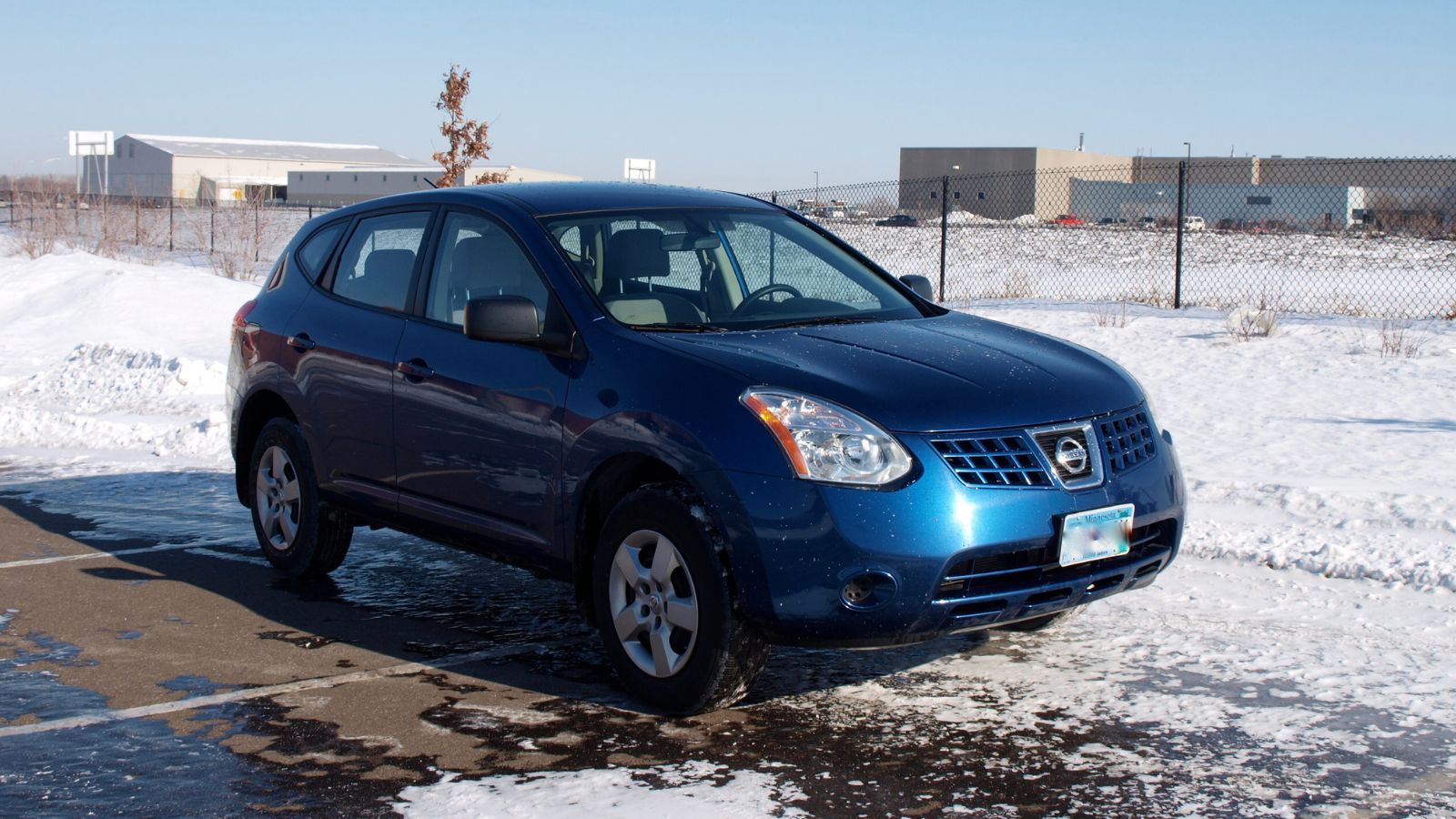
The Nissan Rogue is one of the top-selling SUVs in Canada, but it has been plagued by wiring harness corrosion. Road salt, which is a constant reality in Canadian winters, accelerates this problem. The corroded wiring can cause electrical shorts, affecting airbags, lights, or other vital systems. In the worst cases, it could even lead to fires. Because corrosion happens gradually, many Canadian drivers don’t notice the warning signs until it’s too late.
Mazda CX-5
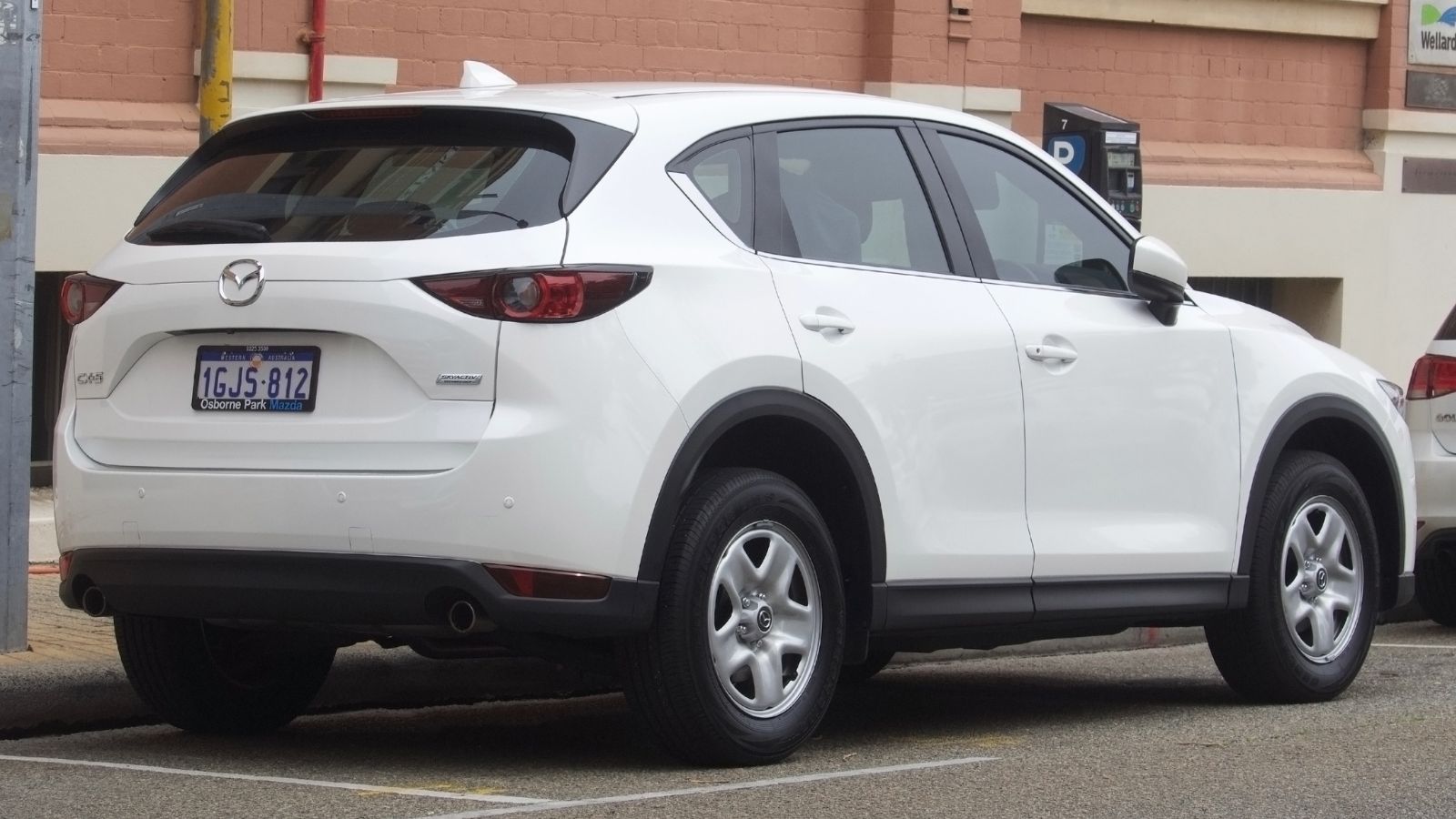
Mazda’s CX-5 is beloved for its style and driving dynamics, but it too has faced recalls. Defective fuel pumps have been found to cause stalling, while LED daytime running lights burn out prematurely. For drivers in Canada’s long, dark winters, failing lights mean reduced visibility and a higher risk of accidents. What makes this recall frustrating is that many buyers see Mazda as a premium mainstream brand, so expectations for quality are higher.
Volkswagen Tiguan
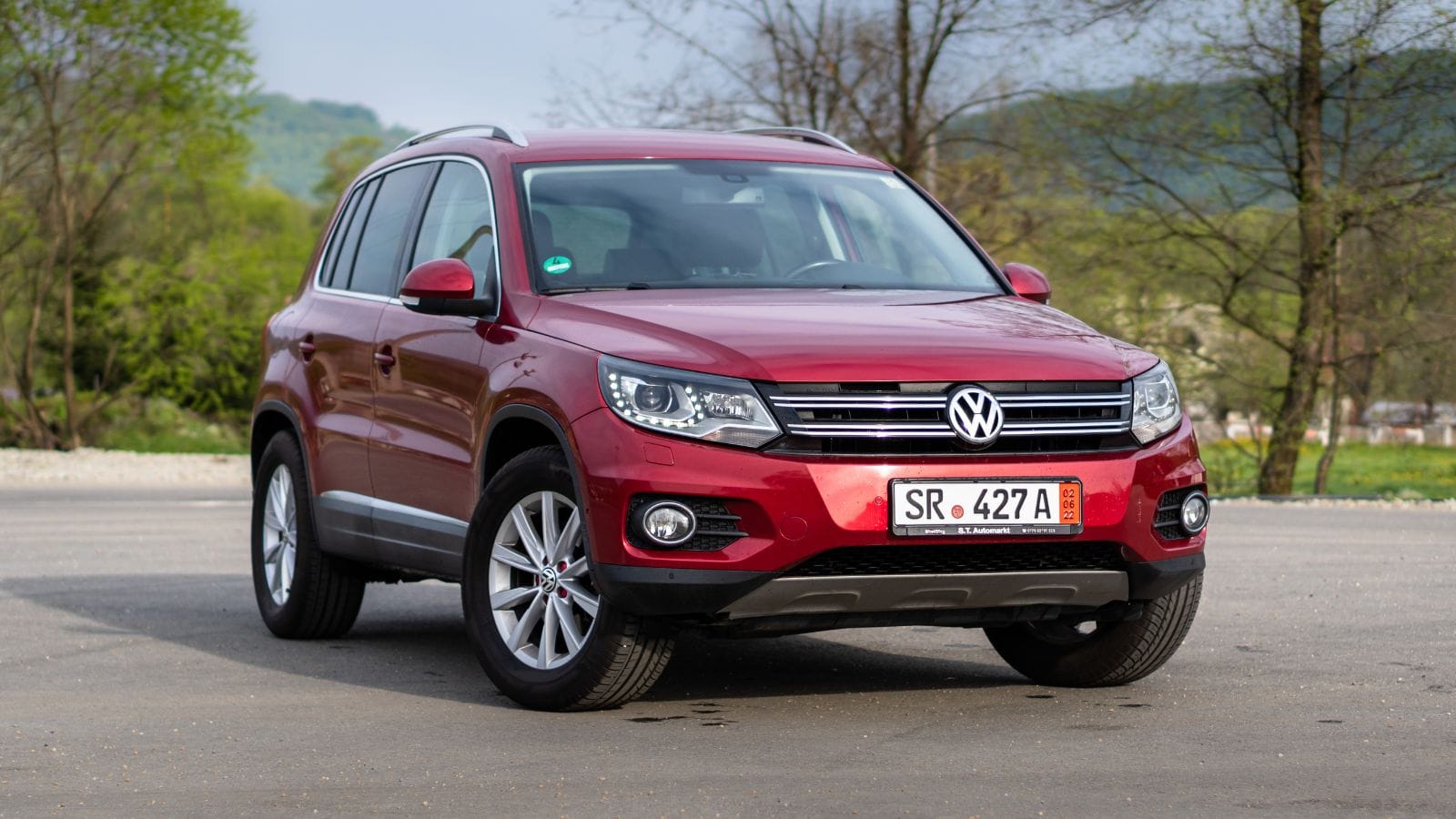
The Volkswagen Tiguan has had recalls related to fuse box corrosion, which can disable key electrical systems without warning. In Canada’s climate, where moisture and salt are everywhere, this problem is amplified. Imagine being stranded in minus 30 with a dead SUV caused by a corroded fuse box—it’s not just an inconvenience but a safety hazard. The Tiguan remains popular, but owners need to be diligent in checking recall information.
BMW X5
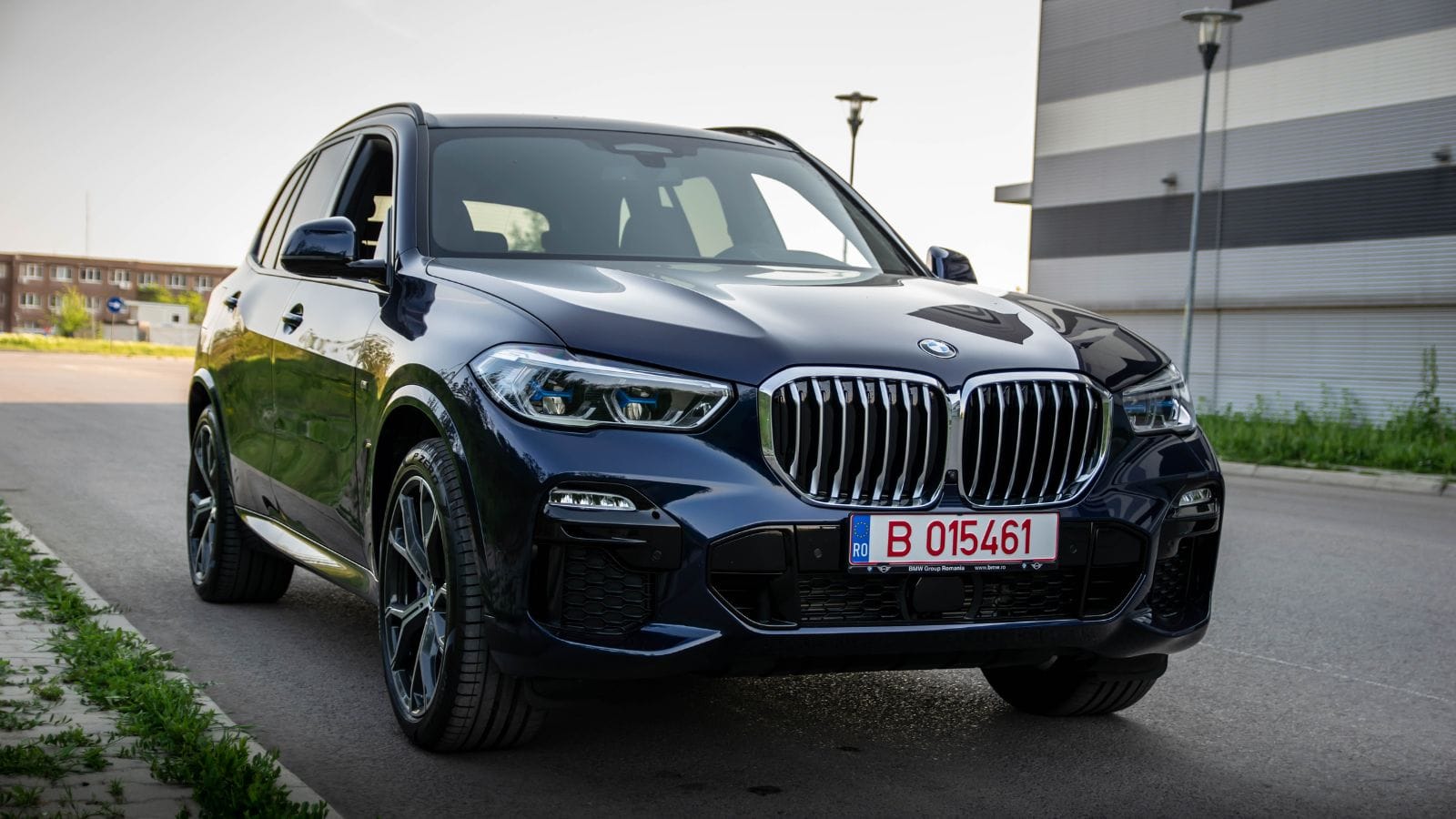
Luxury doesn’t guarantee reliability, and the BMW X5 proves it. Recalls have targeted coolant leaks that can lead to engine fires, as well as faulty rearview cameras that fail to display properly. In Canada, where icy roads and poor visibility already make winter driving challenging, these defects increase the risk. Many buyers assume premium brands take care of problems quietly, but that doesn’t mean the issues aren’t serious.
Tesla Model X
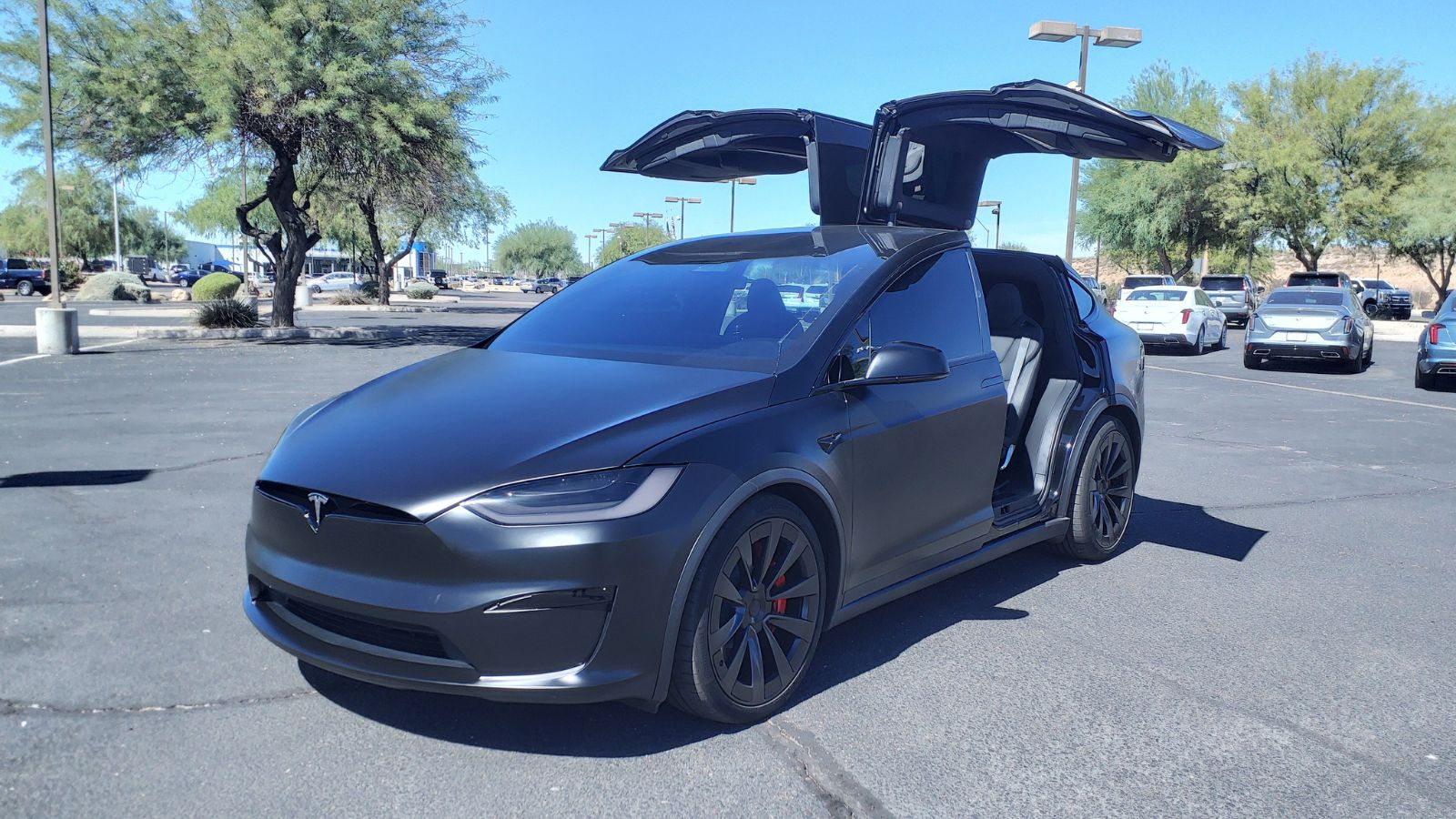
The Tesla Model X has faced multiple recalls in Canada, many of them involving suspension arms that can fail, latch mechanisms that don’t secure properly, and software glitches that compromise safety features. While Tesla’s over-the-air updates solve some issues, many require service visits that Canadian owners delay or skip. Given how dependent Teslas are on complex software and hardware integration, these recalls highlight how cutting-edge tech can sometimes mean more things go wrong.
Why These Quiet Recalls Matter
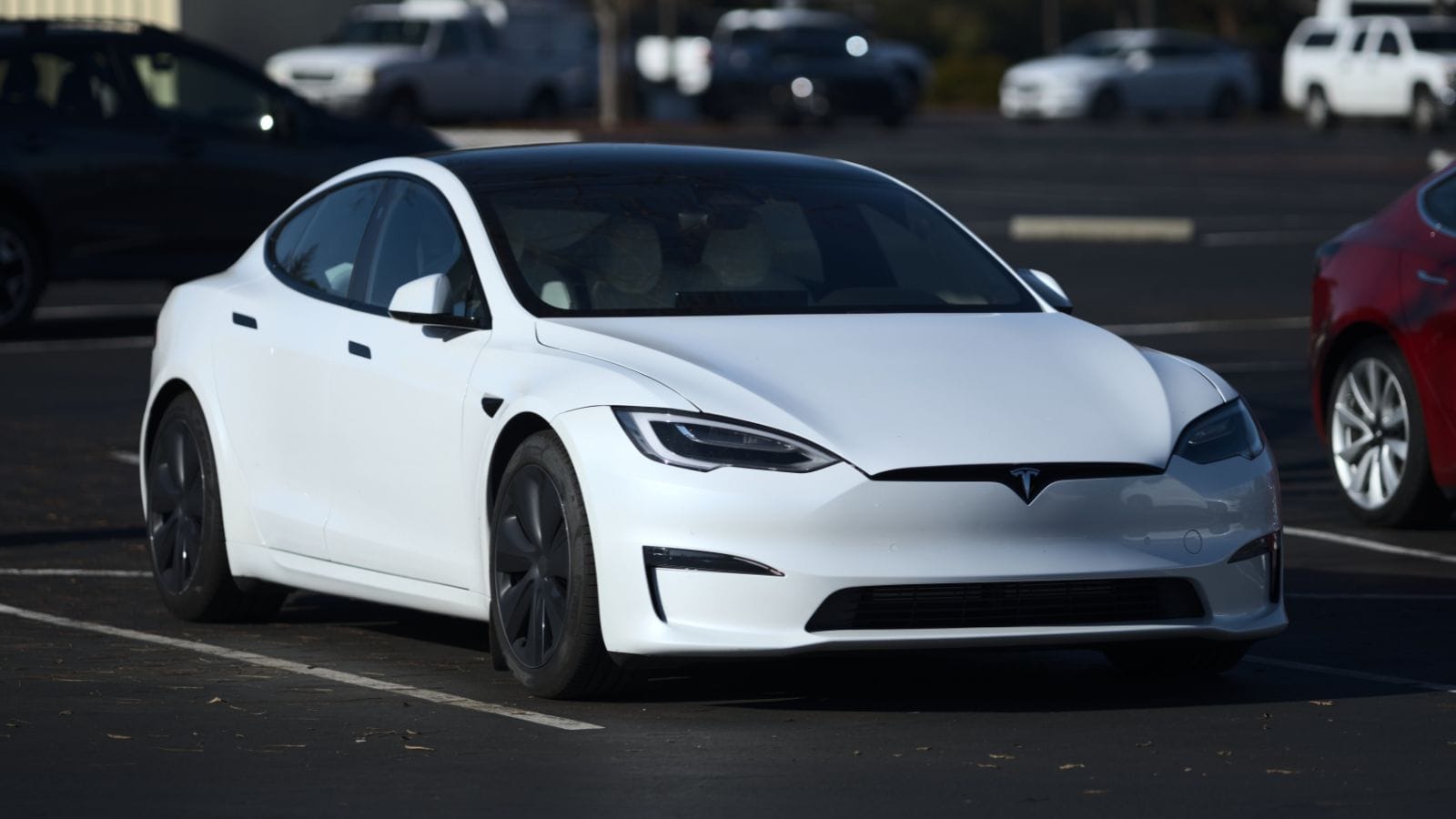
What makes these recalls especially troubling is their lack of visibility. They aren’t plastered across news headlines, yet they involve critical safety systems like brakes, airbags, fuel pumps, and electrical components. In Canada, where conditions are already tough on vehicles, ignoring these recalls makes the risks even greater. Owners who miss notices in the mail or ignore emails could be driving vehicles that pose hidden dangers to themselves and their families. The lesson is clear: always check recall databases and dealership service bulletins. Being proactive can mean the difference between safe driving and disaster.
25 Facts About Car Loans That Most Drivers Don’t Realize

Car loans are one of the most common ways people fund car purchases. Like any other kind of loan, car loans can have certain features that can be regarded as an advantage or a disadvantage to the borrower. Understanding all essential facts about car loans and how they work to ensure that you get the best deal for your financial situation is essential. Here are 25 shocking facts about car loans that most drivers don’t realize:
25 Facts About Car Loans That Most Drivers Don’t Realize
